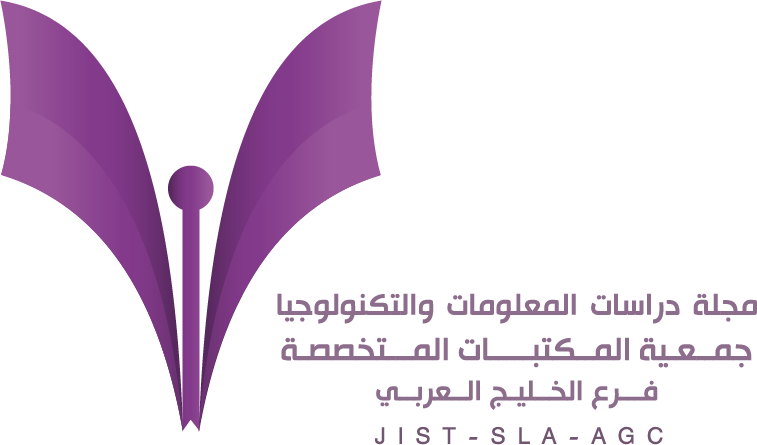-
oa تطوير قطاع الإيجار العقاري بما يتماشى مع التحول الرقمي للمملكة العربية السعودية: دراسة مقترحة لتطبيق تقنية البلوك تشين (Blockchain)
- المصدر: Journal of Information Studies & Technology (JIS&T), Volume 2020, Issue 1, سبتمبر ٢٠٢٠, 5
-
- ٠٥ يناير ٢٠٢٠
- ٢٩ فبراير ٢٠٢٠
- ٣١ مارس ٢٠٢٠
ملخص
اكتسبت تقنية البلوك تشين اهتمام جميع القطاعات في عصر التحول الرقمي، حيث تعمل على إدارة المعاملات وحفظها في قاعدة بيانات تشكل السجل الكامل لهذه المعاملات ضمن شبكة موزعة، لذلك تهدف هذه الدراسة إلى تقديم مقترح لتطبيق تقنية البلوك تشين في قطاع الإيجار العقاري بالمملكة العربية السعودية، ولأهمية هذا القطاع وإنتاجه لكم هائل من المعاملات والمعلومات، تم استخدام منهج دراسة الحالة للتعرف على الآلية الحالية لإدارة قطاع الإيجار العقاري بالمملكة، وتقديم مقترح لتطبيق تقنية البلوك تشين في إدارة عملية الإيجار، وخرجت الدراسة بالعديد من النتائج أبرزها: أن تقنية البلوك تشين تساهم في إدارة المعاملات المتعلقة بالإيجار، وتحقق الشفافية والموثوقية والدقة للمعاملات، وتتغلب على مركزية الآلية الحالية في تنفيذ المعاملات من خلال الوسيط العقاري، وتوفر الكثير من المميزات التي تخدم هذا القطاع وتسهل عملية إدارة المعلومات بكفاءة، حيث توفر بيئة آمنة لحفظ المعلومات وتنظيمها وتبادلها واسترجاعها، وأوصت الدراسة بتبني تطبيقات البلوك تشين في المملكة العربية السعودية في شتى المجالات لمواكبة رؤية المملكة 2030، ولتحقيق التحول الرقمي.
The Blockchain technique has gained interest in all sectors in the era of digital transformation where it manages transactions and saves them in a database that forms a complete record for these transactions within a distributed network. This study aims to present a proposal for Blockchain technology application in the real estate rental sector in Saudi Arabia. The reasoning behind choosing this sector lies in its importance and the production of a huge number of transactions and information that will be used in the study. Moreover, the methodology that has been used is a case study method because it is the suitable method to identify the current mechanism of management in the real estate sector in the Kingdom of Saudi Arabia. Also, the study offers a proposal to implement the Blockchain technology in the management of the rental process. The study has several results; such as the importance of using the Blockchain technique, how it contributes to the management of transactions related to rent and how to achieve transparency, reliability and accuracy of transactions. It will overcome the centrality of the existing mechanism, it will overcome the implementation of transactions through the Real Estate Broker. In addition, it provides many features that serve this sector and facilitate the process of the information management efficiently. To that effect, it provides a secure environment for information storage, organization, exchange and retrieval. In conclusion, the study recommends the adoption of the Blockchain applications in Saudi Arabia into various fields to keep up with the 2030 vision and to achieve the digital transformation.


